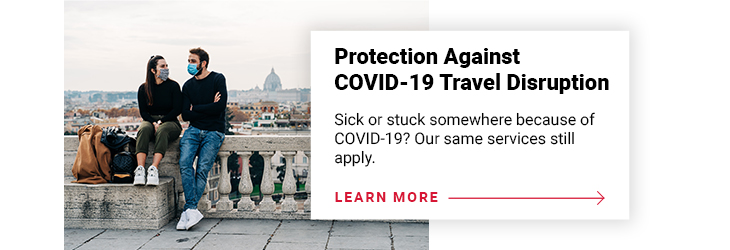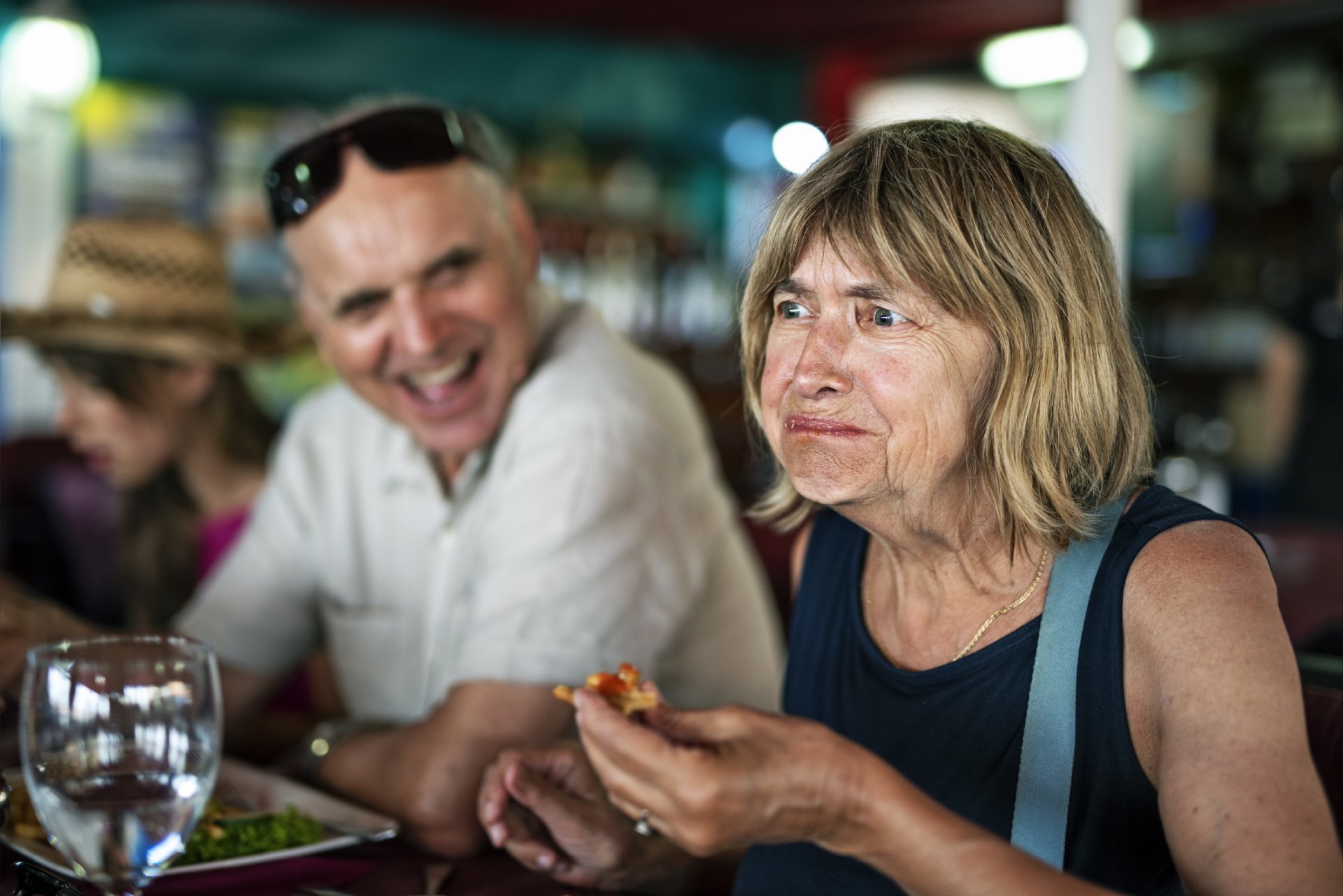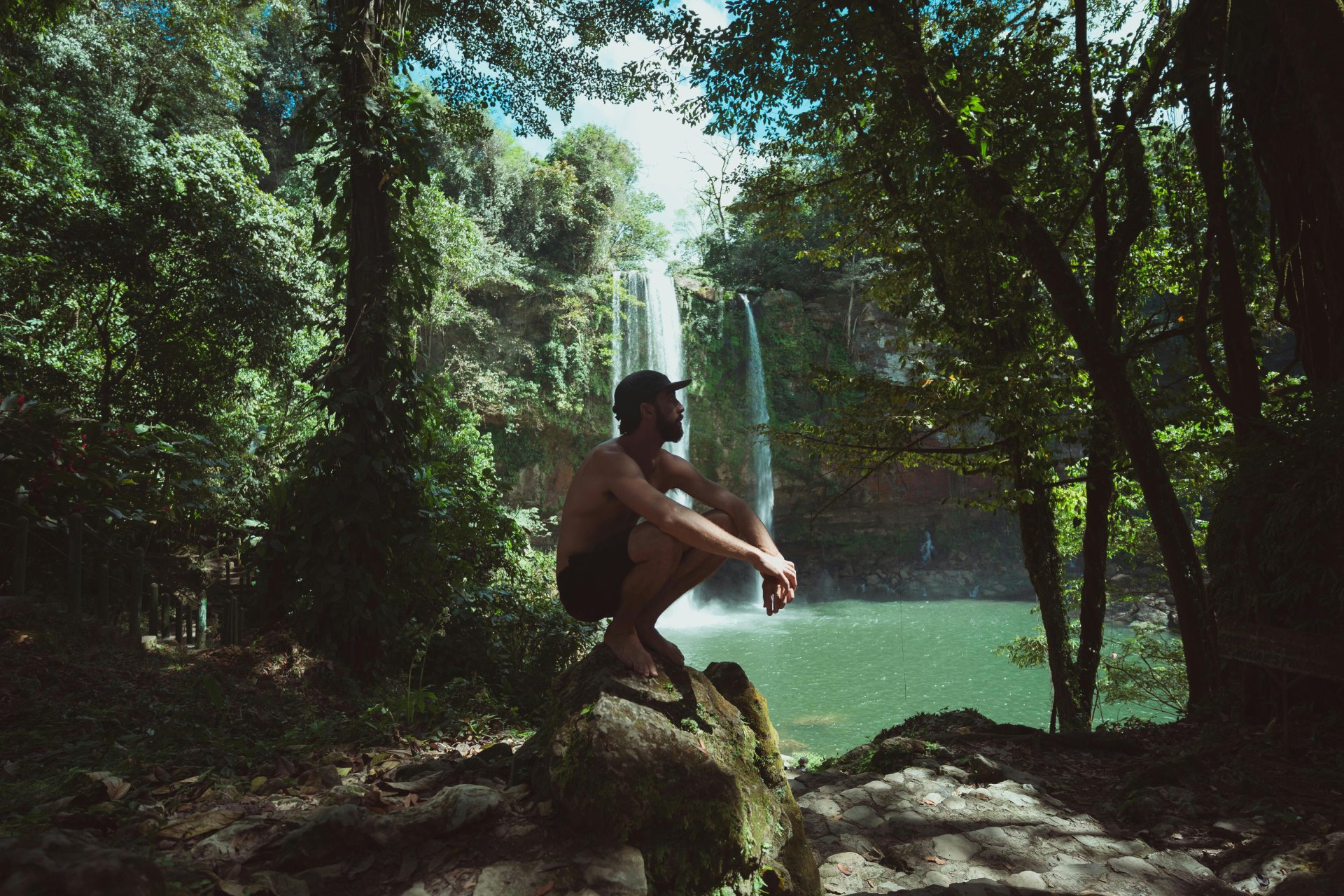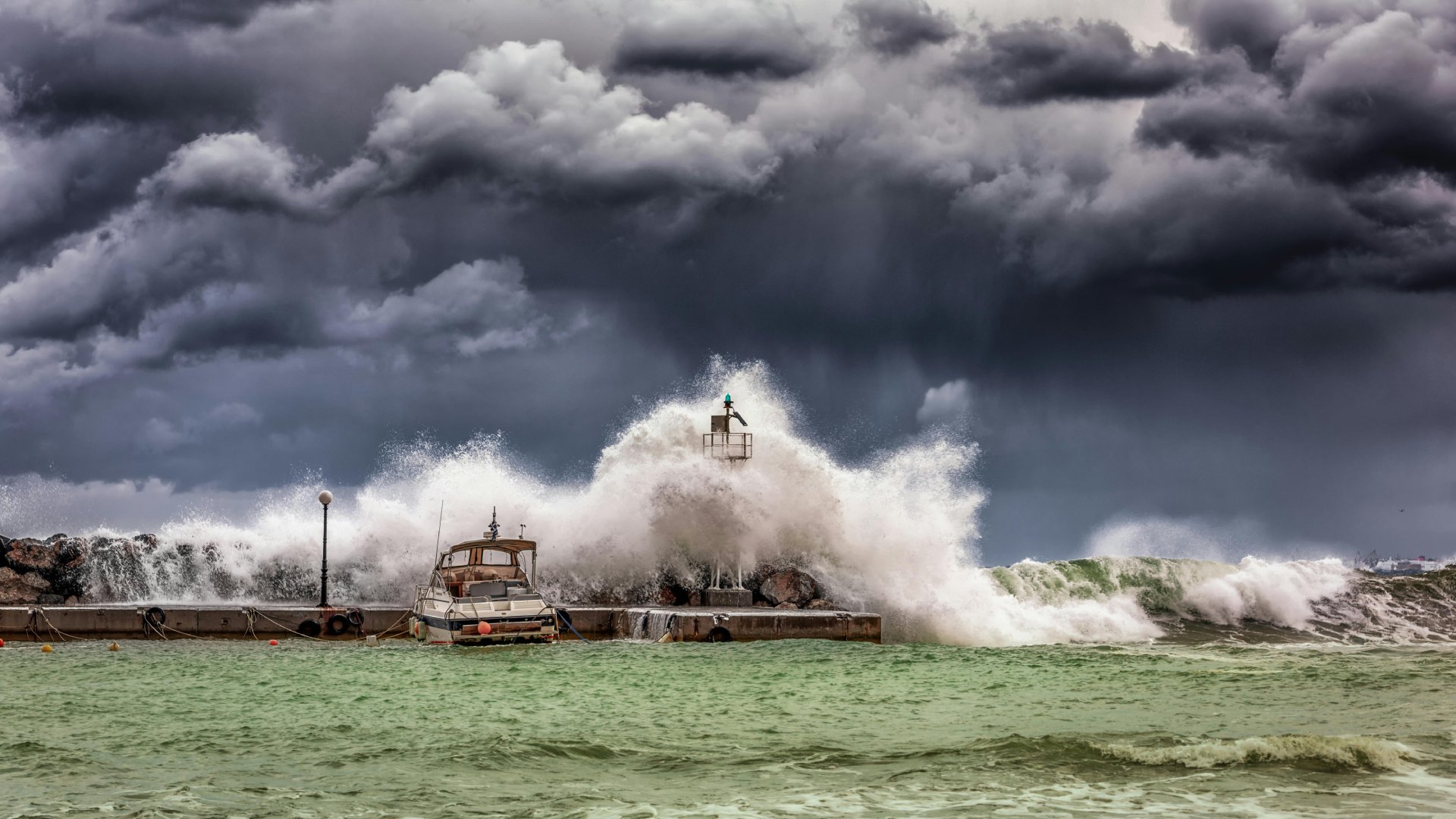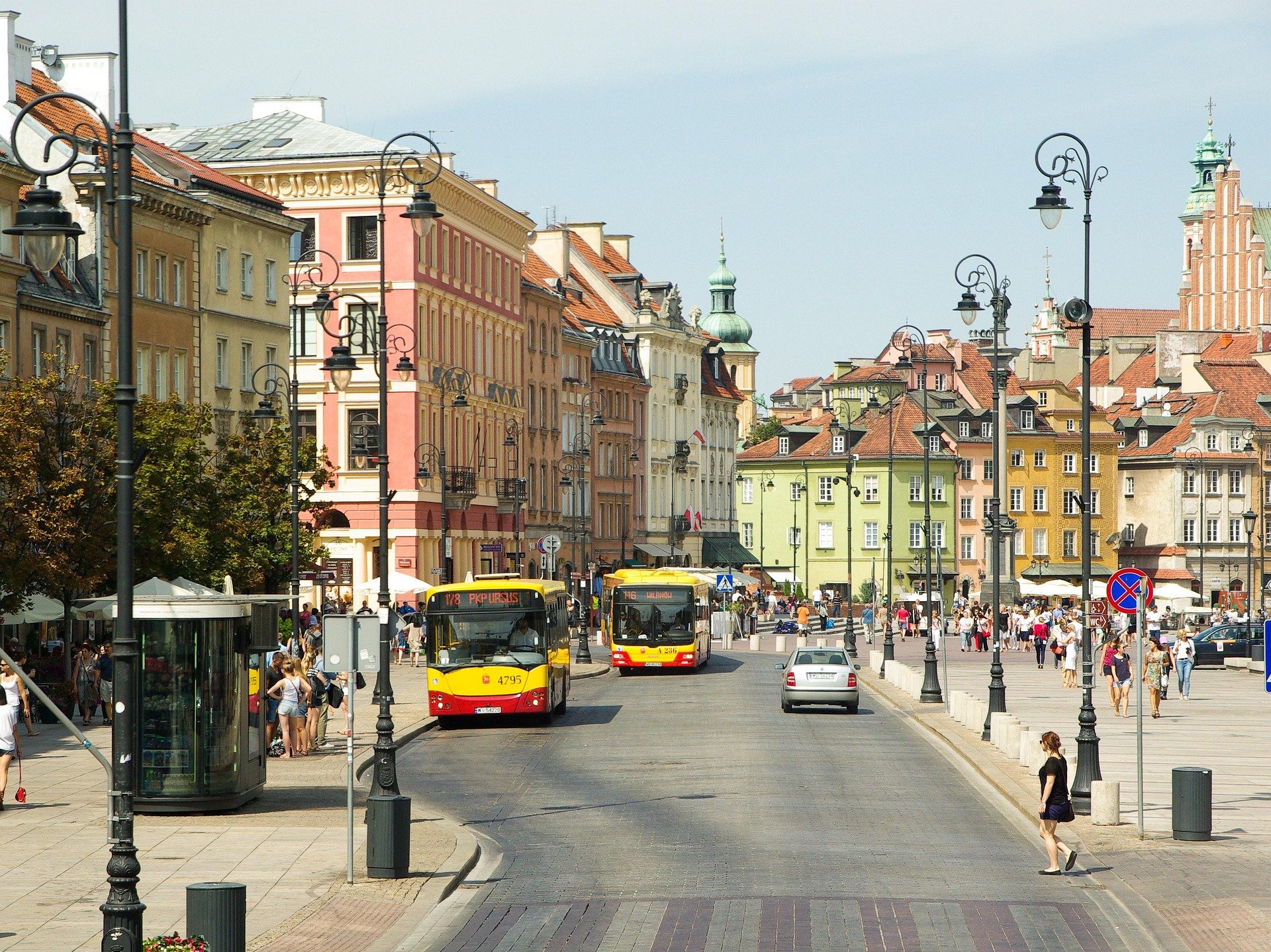Alpha, delta and now omicron. New coronavirus variants are making headlines, spurring new and renewed travel restrictions by government officials and health authorities. The recent omicron-triggered updated entry requirement for travel to the U.S. — a negative COVID test within 24 hours of travel — will create yet another obstacle for travelers this holiday season and beyond.
Traveling internationally is daunting when you have to time your COVID test appropriately: one to three days before travel. Untangling requirements in any location is not an easy thing to do, especially in a foreign country.
“Travel preparations must now include researching locations with COVID testing capabilities and managing the expected wait time for results into an already busy business or vacation schedule,” said Harding Bush, associate manager of operations at Global Rescue. “If a traveler does not have results within the mandated schedule, they will not be allowed to board a scheduled flight, need to be tested again, which will require additional expenses such as extra time for lodging, and a new scheduled travel itinerary.”
What’s a traveler to do? Global Rescue medical and security experts answer seven what-if questions travelers might have before a trip.
[Related Reading: 6 Most Commonly Asked Questions About Our COVID-19 Services]
1. What if I Need a Negative COVID-19 Test to Enter a Country?
Travelers should strongly consider obtaining a personal COVID-19 self-test kit that provides results in as little as 15 minutes. These self-test kits are small enough to fit in hand luggage.
“Acceptable self-tests for entry to the U.S. must be an antigen or nucleic acid amplification tests, have FDA EUA approval, and include a telehealth video call supervised by an authorized proctor who will issue a report confirming the results,” said Daniel Richards, CEO of Global Rescue and a member of the U.S. Travel and Tourism Advisory Board.
A video conference with a medical proctor will, of course, require the traveler to have access to the Internet and a computer, tablet or smartphone with a video camera.
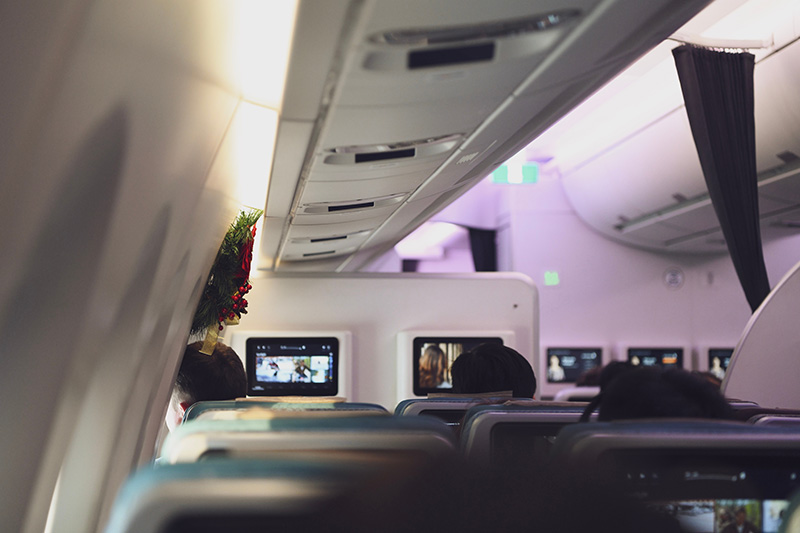
2. What if I Can’t Use or Obtain a COVID-19 Self-test Kit?
If a personal test kit isn’t acceptable based on your itinerary — or you cannot get ahold of one — travelers should be prepared before a trip so they know where testing facilities are located, whether reservations are needed, and how quickly results will be provided.
Travelers must also plan transportation to the testing site on the required day. “Hotels are usually familiar with this and may assist with transport requirements. This requirement could burn two of your travel days, so plan and prioritize this accordingly,” Bush said.
You could also check with your airline, as some will provide tests or testing services. American Airlines has three testing partners so travelers can test at a clinic, test at home before the trip or order a test kit to pack for the return trip. A growing number of airports are also offering rapid COVID-19 testing; just make sure the results fulfill the requirements of your destination.
3. What if I Get Stuck at the Airport Because of New Border Rules or Other COVID-related Issues (Like Delays or New Testing Requirements)?
The arrival of the omicron variant led to border restrictions in dozens of countries and a total shut down to all international travel in Japan and North Africa. If you get stuck at the airport due to a sudden border closing, you won’t be the only one. The closure will impact thousands of travelers.
“Travelers stranded during the COVID-related border closings in March 2020 discovered it was much faster to change travel arrangements at the airport ticket counter than on the phone or the Internet,” Bush said. “If you have preferred customer status at the airline, have the dedicated international phone number associated with the program – this will be much faster than calling the usual phone number, but not likely as fast as going to the ticket counter.”
You will also want to contact your embassy and register, if you haven’t already.
“If the embassy does not know you are in the country, they will not be able to book you on a scheduled repatriation flight,” Bush said. “If you are a Global Rescue member, we can assist you with all of this and attempt to solve travel-related issues with you.”
Bush also suggests booking through a travel agent “who can act as an advocate in situations like this.”
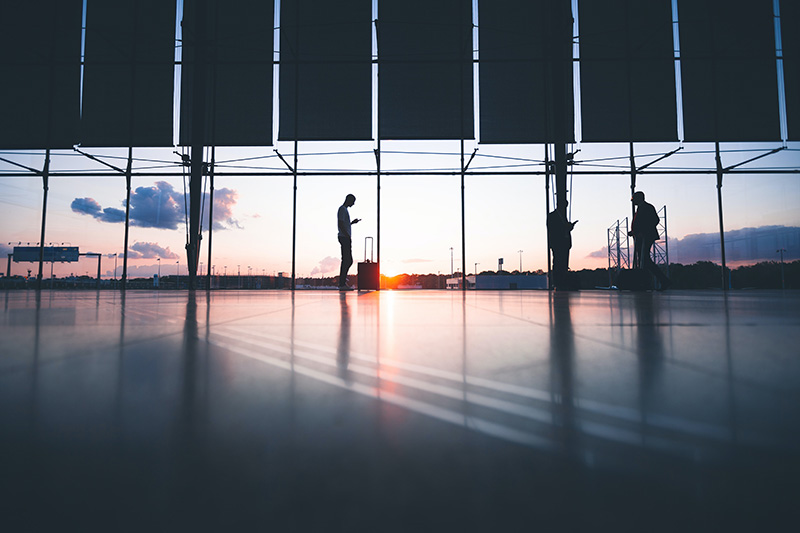
4. What if I Test Positive on a Trip Abroad?
Prepare to remain where you are until you are able to test negative since commercial airlines won’t take COVID-positive passengers.
“Global Rescue members who test positive and require medical care not available at their location or who are hospitalized may be evacuated home or to a facility capable of treating them. Without medical evacuation protection, travelers will have to remain in country until they test negative for the disease,” said Daniel Stretch, operations manager at Global Rescue.
5. What if I Have To Quarantine During a Trip Abroad?
Most countries no longer require quarantines if the individual is vaccinated. The new omicron variant may prompt officials to reinstate quarantine rules, but they haven’t yet.
“Travelers can avoid potentially new self-quarantine measures by changing their itinerary to avoid that country’s regulation. If that isn’t possible, the traveler should make sure they don’t run afoul of the requirements they are trying to avoid,” Bush said.
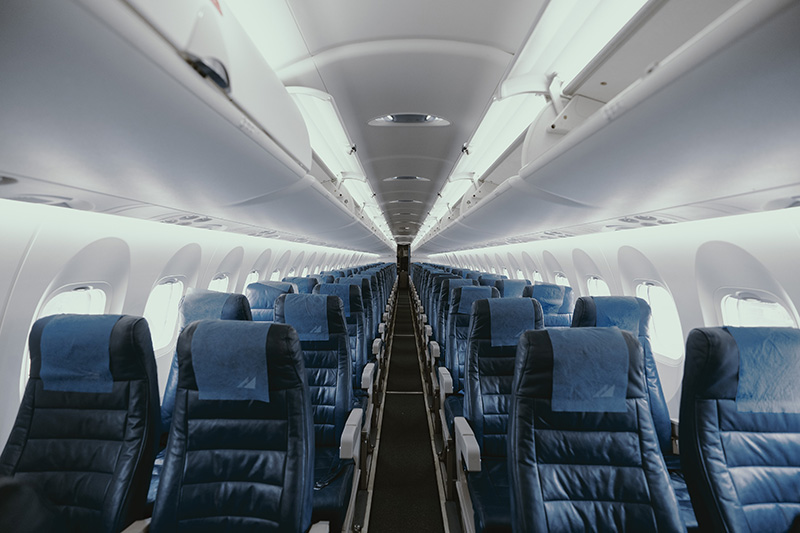
6. What Should I Pack Besides a COVID Self-test Kit?
Beyond masks, hand sanitizer, self-test kits and knowing the COVID protocols for your destination, the most important things to pack are a Global Rescue travel protection membership and Cancel For Any Reason travel insurance.
“One of the biggest pandemic revelations among travelers was discovering travel insurance did not provide protection for COVID-19-related challenges like field rescue, medical evacuation, and repatriation,” Richards said. “It is critical for travelers to understand emergency rescue and evacuation protection services are not only for COVID-19 but for any traveler for any emergency, whether it’s due to a natural disaster, civil unrest or simply needing emergency help when you’re traveling.”
7. How Can a Travel Protection Membership Help?
Just like any other infectious disease, Global Rescue will provide rescue and emergency transport services to the nearest medical facility, center of excellence or the member’s home hospital, depending on the member’s wishes, medical condition and government regulations.
“This has been the case since the start of the pandemic and will continue to be until the end,” Richards said. “We’ve conducted many successful operations complicated by the pandemic for various members from around the world, including getting an American Olympic gold medal snowboarder out of China when COVID-19 first broke out, a repatriation flight for a U.K. resident who had been stuck in quarantine during civil unrest in Nigeria and field rescue from Everest for a mountaineer who had fallen ill and tested positive for COVID.”
Global Rescue’s Intelligence Team monitors travel risk and health safety information around the clock following hundreds of news outlets, social media feeds, government alerts, nature newsletters, global organizations, podcasts, broadcasts and blogs. This risk information includes COVID-19 hotspots, border closings and new testing requirements.
“Our GRIDTM intelligence group analyzes and publishes destination reports for 219 countries, and Global Rescue members can access this information online or with a phone call,” Bush said. “It takes a highly trained team to keep up with what is happening in the world today and the constant ebb and flow of travel alerts require continuous monitoring. Travelers should enroll to receive travel alerts so they can enjoy their time abroad.”


